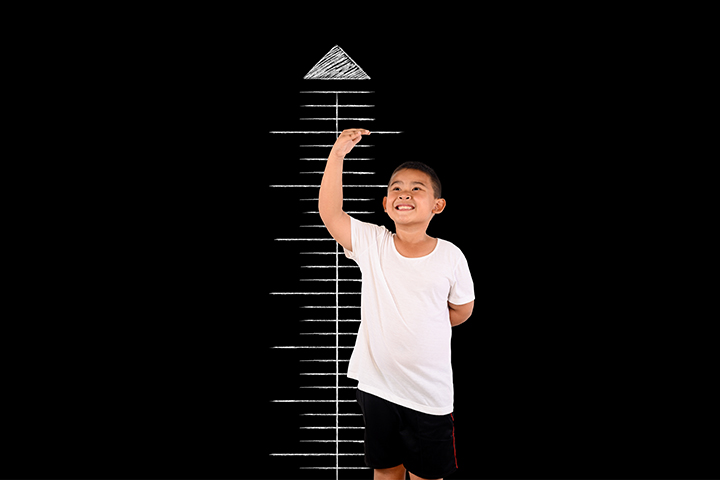IQ Assessments

WISC (Wechsler Intelligence Scale for Children)
The WISC is a renowned IQ assessment tool designed to evaluate the cognitive abilities of children between the ages of 6 and 16. It provides a comprehensive understanding of a child's intellectual strengths and weaknesses. By assessing various domains, including verbal comprehension, perceptual reasoning, working memory, and processing speed, the WISC aids in tailoring education and intervention plans to meet a child's specific needs. It is an invaluable resource for psychologists, educators, and parents seeking to support a child's academic and personal development.

WAIS (Wechsler Adult Intelligence Scale)
The WAIS is the adult counterpart to the WISC, designed for individuals aged 16 and older. This widely used psychometric assessment offers a detailed profile of an individual's cognitive abilities, including their verbal comprehension, perceptual reasoning, working memory, and processing speed. The WAIS is instrumental in assessing intelligence, identifying cognitive strengths and weaknesses, and is commonly utilised in clinical settings for diagnostic purposes and in educational and occupational settings to guide decision-making.

Binet Kamat Test (BKT)
The Binet Kamat Test, a prominent IQ assessment tool, is particularly focused on evaluating cognitive development in children and adolescents. It is administered to individuals aged 3 to 15 years and plays a crucial role in identifying a child's intellectual strengths and weaknesses. This assessment is widely employed in educational and clinical settings to assist educators and psychologists in tailoring educational strategies, early interventions, and support systems to meet the specific cognitive needs of children. By assessing domains like verbal reasoning, memory, and reasoning, the BKT aids in providing a comprehensive understanding of a child's cognitive abilities, fostering their academic growth, and ensuring their unique learning requirements are met.






